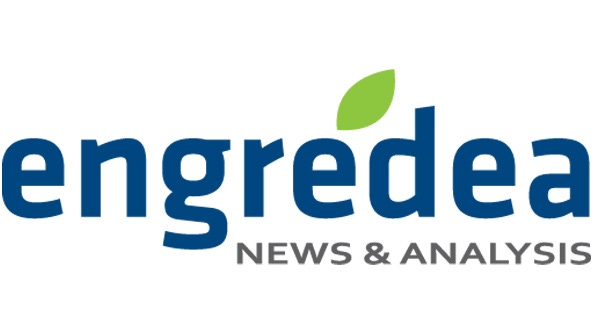Country moves another step closer to implementing ASEAN-wide health supplement regulations.
May 9, 2013

The announcement by Dra Lucky Slamet, head of Indonesia’s food and drug agency (BPOM), that Indonesia will adopt a health supplement category separate to food and pharmaceuticals means that the country will be another step closer to implementing ASEAN-wide health supplement regulations when these are agreed, the ASEAN Alliance of Health Supplement Associations (AAHSA) has said.
Ms. Slamet made the announcement that Indonesia has decided to adopt the terminology in the ASEAN harmonization regulation for traditional medicine health supplements (TMHS) at a conference last month organized by Asosiasi Pengusaha Suplemen Kesehatan Indonesia (APSKI), Indonesia’s only supplements trade association and AAHSA member.
“The TMHS regulatory framework defines health supplements and properly regulates health supplements as a sector,” said AAHSA Chairman Daniel Quek. “Indonesia has the biggest market with over 200 million population size and the highest rate of trade growth in ASEAN. By putting this regulation in place Indonesia will have smoothed the pathway towards eventual implementation of the ASEAN harmonized regulations for this category, which is expected by 2015.”
Patrick Kalona of APSKI added: “In Indonesia there is either food or drug law at the moment, so it is not always clear where health supplements fall. A separate category for health supplements will give these products a clearly defined regulatory framework that will have the same terminology as within ASEAN.”
In ASEAN Brunei Darussalam, Malaysia and Singapore also have separate categories for health supplements. Health supplement regulatory harmonization is expected to come into force in 2015. Ric Hobby, Vice Chairman of the global association, International Alliance of Dietary/Food Supplement Associations (IADSA), said: “In Europe I have seen the painstaking efforts that have been made to drive the harmonization. When one compares what is underway in ASEAN versus in the European Union we recognize the accomplishment that ASEAN is heading towards. To create this in such a short time is remarkable.”
Mr. Quek said: “The unique thing about this process is that it is securing a consensus, and we do want to reach that goal of harmonization. We as an industry are also looking forward to post 2015 because a lot more work still needs to be done after the regulations are agreed and we see ourselves as partners going forward.”

You May Also Like


